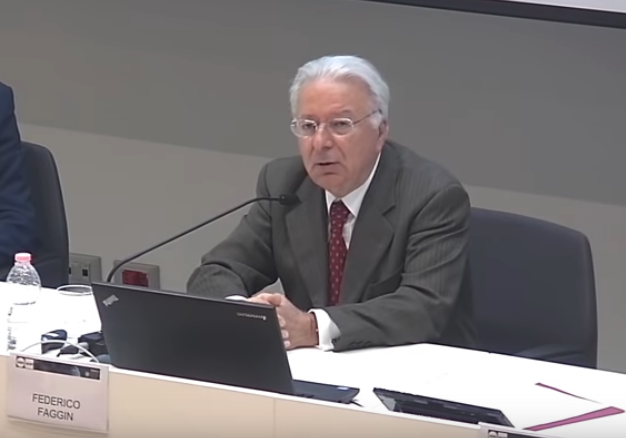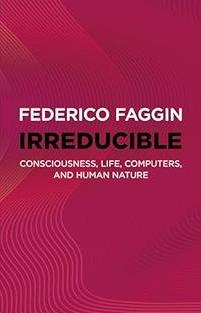|
Word Gems
exploring self-realization, sacred personhood, and full humanity
Quantum Mechanics
Dr. Frederico Faggin
Can computers learn?
return to "Quantum Mechanics" main-page

|
Editor's note:
Dr. Frederico Faggin is one of the heavyweight scientist-inventors of the 20th century. In 1971 he developed the first silicon chip, the microprocessor at the heart of all electronic devices today. He also produced the new touch-sceen technology.
Currently, he is writing, lecturing, and advocating what he feels to be an even more fundamental revolution in science - that consciousness, not matter, is the ground of all reality.
|
Can computers learn?
Irreducible, pg. 146-147, 151-152:
An example of machine learning is … to recognize a cup from its visual image [among many images and many types of cups]… This ability to generalize is good … yet the program still cannot comprehend what “cup” means…
[Computers] do work [and can learn] within limits, but they don’t understand… they can only “learn” new mechanical correlations, lacking the “common sense” that comes from conscious comprehension.
|
Editor's last word:
Also see youtube interviews of Dr. Faggin, for example, here:
https://www.youtube.com/watch?v=14Q_W6H_nZk
and
https://www.youtube.com/watch?v=K5REKKkKZpY
wherein Dr. Faggin makes comments, such as, "The structure of matter is isomorphic [“equal form”] to the cognitive structure of consciousness, which can reflect itself [in matter]"; our "bodies reflect the accumulated learning of consciousness; matter is the ink with which consciousness writes its own self-knowing."
|
|

